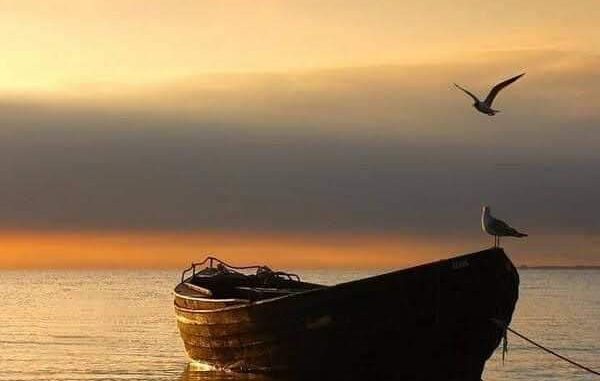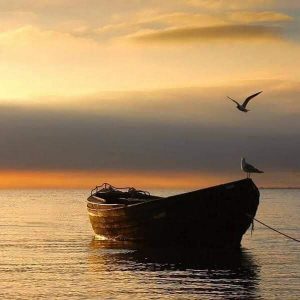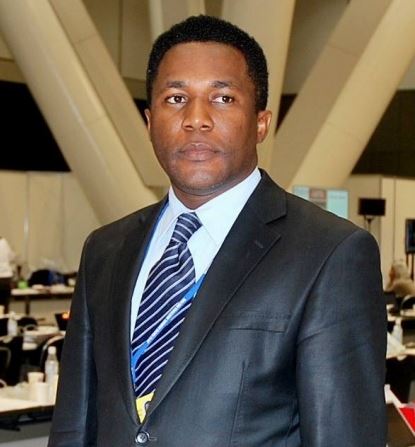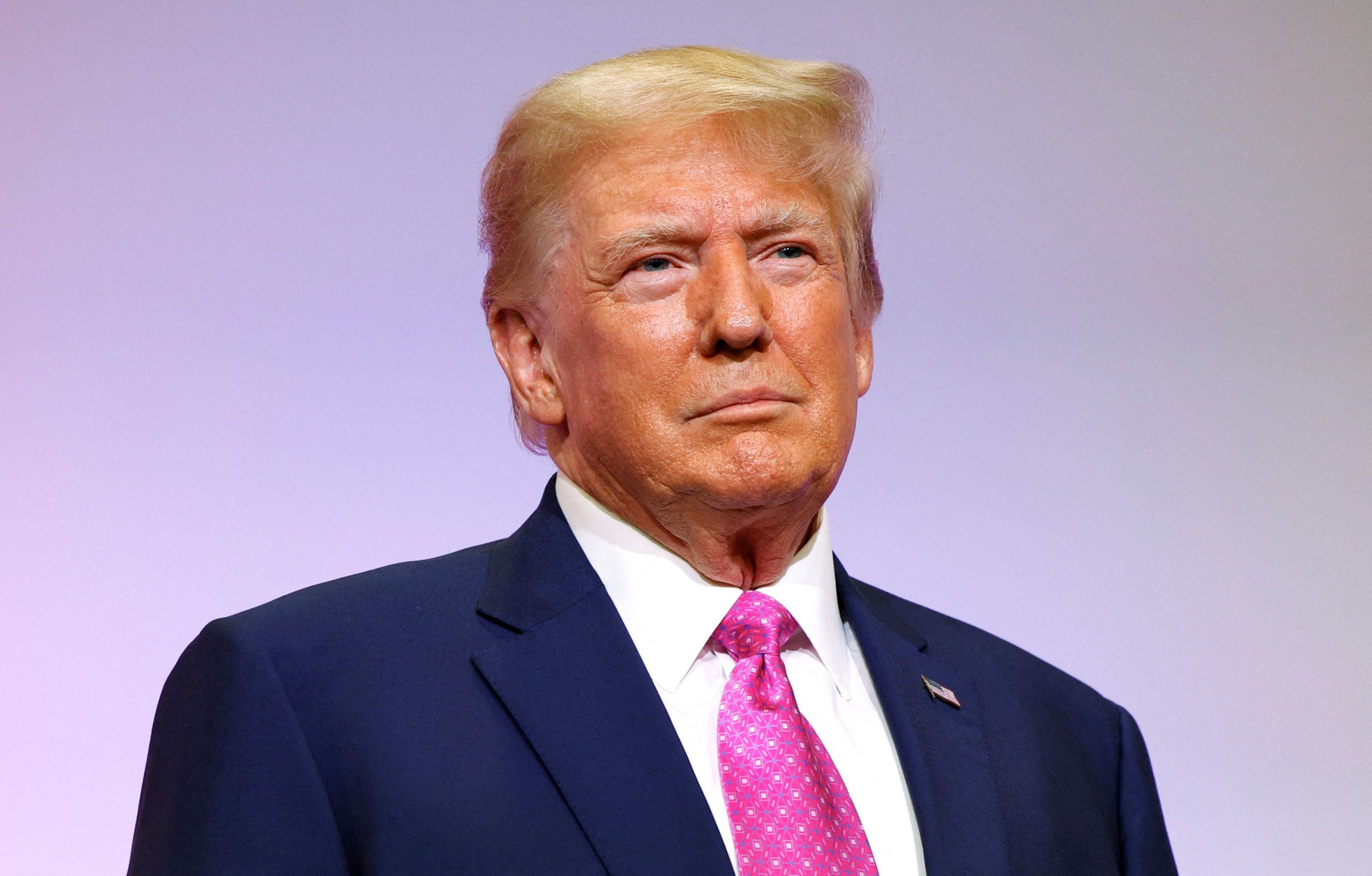
Flooding: Is There An Easy Way Out? – By Kelechi Deca.

The present flooding disasters across many states in Nigeria have once more brought to the front burner debates on the best ways to tackle the menace.
While some have called for the construction of new dams along the rivers Niger and Benue, others are calling for dredging.
I am not an expert in this field, rather, as an environmental enthusiast who has had the privilege of seeing most of Africa, and has also visited the banks of Africa’s big seven rivers (Nile, Niger, Senegal, Congo, Orange, Limpopo, and the Zambezi) I’ll try to explore some of the issues at stake.
I am of the opinion that one reason why Africa didn’t develop an inter-regional economy and respectable trading system before the coming of the colonialists has a lot to do with the nature of its rivers.
Geography is destiny and geography was not fair to Africa. But our inability to overcome the challenges posed by our environment has been our greatest undoing. And also one of the reasons we are poor.
Some of the world’s largest and longest rivers are in Africa but failed woefully in being what rivers should be especially in driving commerce and trade and also becoming effective transportation routes for the continent.
This is due to some unique characteristics mostly identified with African rivers. 80% of our rivers are seasonal which in my opinion was responsible for their stupid meandering along the ways. This also makes them so dry during the dry season that you can walk through on foot.
They also have too many waterfalls, very fast rapids, and cateracts with uneven and too narrow and shallow like a stream in some places.
Dams may help to contain the type of flooding we have now but they also come with their own challenges.
Most Nigerians are unaware that one of the reasons Nigeria exports electricity to Niger Republic was not just because of the country-to-country agreement, but also to placate Niger Republic from building a dam on the River Niger.
In fact, over the years, Nigeria has engaged in subtle diplomacy to prevent the construction of three multi-purpose dams in Mali, Guinea Bissau, and Niger Republic, to allow free flow of the River Niger to Nigeria.
The three dams are Taussa Dam in Mali, Fomi Dam in Guinea Bissau, and Kandaji Dam in Niger Republic. That is why Nigeria plays an important role within the governments of the Niger Basin Authority (NBA).
RELATED NEWS
Nigerian President Draws Global Attention To Pakistani Floods.
How Governor Badaru Reacted To The Death Of Flood Victims In Jigawa
If not, then the huge investment in the three major dams in Niger State, the Kainji Dam built in 1968, Jebba Dam built in 1985, and Shiroro Dam built in 1990 would be a waste because there won’t be enough water to fill them up.
These issues are handled at bilateral and multilateral levels depending on how many countries are part of the riparian areas. That’s why Nigeria must without delay enter into an understanding with Cameroon on the management of and deployment of water resources of the River Benue.
The inability of Ethiopia, Egypt, and Sudan to agree on how to use the water resources of the Blue Nile has been a very contentious issue since Ethiopia built its Grand Renaissance Dam. An engineering marvel Egypt and Sudan complained is a major existential threat to their countries.
Sudan was worried because the shortfall may affect its Merowe Dam which produces 1,250 MW. It is a 7km spread with a height of up to 67 meters, the Merowe Dam in northern Sudan is the largest contemporary hydropower project in Africa by size.
Ethiopia insisted that because its highlands contribute 85% of the Nile water, it has the right of first use to deploy the resources to develop its country. The issue escalated to a level that many feared the three countries may go to war over water to the extent the United States had to wield its big stick by withholding its financial assistance to Ethiopia to get it to come to a round table with Egypt, Sudan and nine other riparian states of the River Nile.
At present, the only dam on River Benue is the Lagdo Dam near the town of Garoua for the energy supply for Northern Cameroon.
River Katsina-Ala, River Donga, and River Taraba all drain a part of the western region of Cameroon and an area in Nigeria south of the River Benue. The River Gongola has its origins in Plateau State of Nigeria and it drains an area north of the River Benue before joining the River Benue at Numan.
With such array of water bodies all draining into the River Benue, there is no puzzle as to how and why whenever Cameroon releases excess water from Lagdo Dam, almost 30% of Nigeria gets immersed in water.
So the immediate solution is the construction of at least three dams on any of the major tributaries of the Benue to control flow, especially during the peaks of the rainy season. Moreover, we need electricity. Norway gets 99% of its electricity through hydropower generating about 22 gigawatts.
There’s also a need to control the incessant sand dredging along the lower Niger, this creates depressions that considerably slow down water flow.
Add to the above, efforts should be made to stem ongoing deforestation along the river banks, planting new trees on the deforested banks helps hold the soil and slow overflows. While streams and rivers which serve as flow corridors for floods need to be de-silted so that they can withstand flood considerably when it comes.
With the rate of climatic changes, these floods would be more frequent.
What needs to be done should be done urgently.

Kelechi Deca is a journalist who has traveled to more than 77 countries reporting on multilateral development institutions, international business, trade, travel, culture, and diplomacy. He writes from Lagos.





Leave a Reply